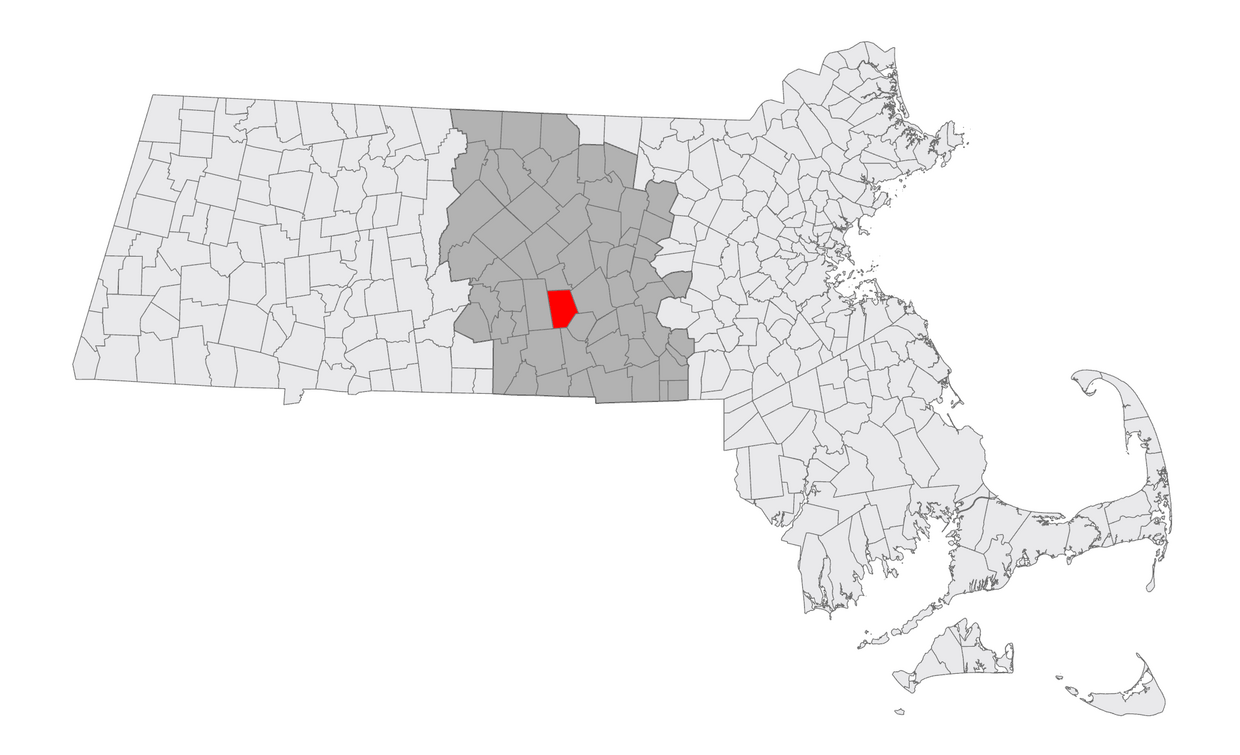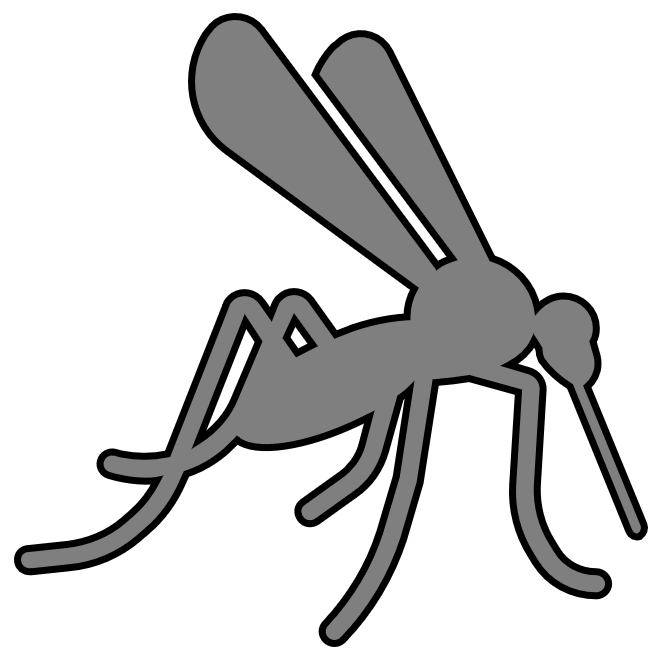Leicester Overview
Leicester is a town in Middlesex County, Massachusetts, in the upper Northeastern part of the state. They have a population of 11,048 people and an area of 23.3 square miles. Climate hazards present in Leicester include severe winter storms, inland flooding , hurricanes/tropical storms, tornadoes, drought, and other severe weather.
Leicester's MVP 2.0 Core Team
The MVP 2.0 Core team is a group of municipal staff and Community Liaisons who work together to identify local climate resilience priorities and implement a project that supports those priorities.
Leicester's Community Liaisons
- Have connections to people living with physical disabilities and chronic illnesses
- Have connections to people who work with refugees
- Have a professional background based in health
Leicester's Core Team includes municipal representation from:
- DPW Director
- Assistant Town Administrator
- Planner
- Facilities Director
Leicester's Community Resilience Priorities
Community resilience priorities are practical actions created during the MVP 2.0 Planning Grant process. They were shaped through community input, thoughtful discussion about changing local needs, and feedback from Environmental Justice groups and other community members.
Leicester, in partnership with their Core Team, identified the following priorities through the MVP 2.0 process.
| Priorities | Potential Actions | ||
|---|---|---|---|
| Priority 1: Dams | Potential Actions: Coordinate with private property owners and DCR on how to implement improvements or replacement of privately-owneddams. | ||
| Priority 2: Drinking water supply | Potential Actions: Coordinate with the three water districts to develop a Town-wide plan for water supply. | ||
| Priority 3: Water and wastewater infrastructure | Potential Actions: Coordinate with the three water districts to discuss necessary repairs and updates to the water/sewer infrastructure, especially Cherry Valley’s cross-country main, and understand how it may impact residents during a hazard event. Continue working with private property owners that have failing septic systems on their property, providing financial assistance and guidance regarding repairs and replacement. | ||
| Priority 4: Transportation vulnerabilities | Potential Actions: Coordinate with residents and the WRTA to identify locations for new bus stops and develop designs to improve existing bus stops throughout Town. | ||
| Priority 5: Invasive species | Potential Actions: Conduct a formal assessment of the invasive species throughout Town and subsequently develop an invasive species management plan. | ||
| Priority 6: Buildings | Potential Actions: Develop public awareness campaign to educate residents on building resilience, especially related to stormwater runoff and ways to reduce potential for damages and mitigate flooding on private property using LID, such as rain gardens. | ||
| Priority 7: Pest and disease control | Potential Actions: Pursue a three-part strategy to reduce the risk of invasive species and vector-borne diseases, including 1) public education, 2) emphasis on the native plantings, and 3) potential zoning regulations involving Dark Sky Compliance. | ||
| Priority 8: Emergency communications and vulnerable populations. | Potential Actions: Expand backup power at facilities identified as emergency shelters, serving vulnerable populations, including the Town Hall, Senior Center, and Leicester High School Gym. | ||
| Priority 9: Environmental pollutants | Potential Actions: Continue to enforce current regulations to reduce risk of spills and leaks that contribute to polluted stormwater runoff and limit standing water that pertain to car sales and boat storage lots; Conduct public education and outreach efforts to work with private property owners to manage illicit discharge and wastes on private property. | ||
Leicester's MVP 2.0 Seed Project: Climate-Resilient Smart Bus Shelter
Leicester received funding to implement a Seed Project that addresses one or more of their climate resilience priorities.
Leicester coordinated with residents and the WRTA to identify locations for new bus shelter and develop designs to improve existing bus shelters throughout town.
The activities of this project include:
- Engage with local residents and community groups to review identified sites for initial implementation.
- Coordinate with WRTA and MassDOT on potential bus routes and locations for new bus shelters.
- Hire an engineering firm to conduct a site survey, wetland delineation, develop preliminary engineering designs for new smart green bus shelter, and obtain permits.
- Hire contractor to construct bus shelter.









